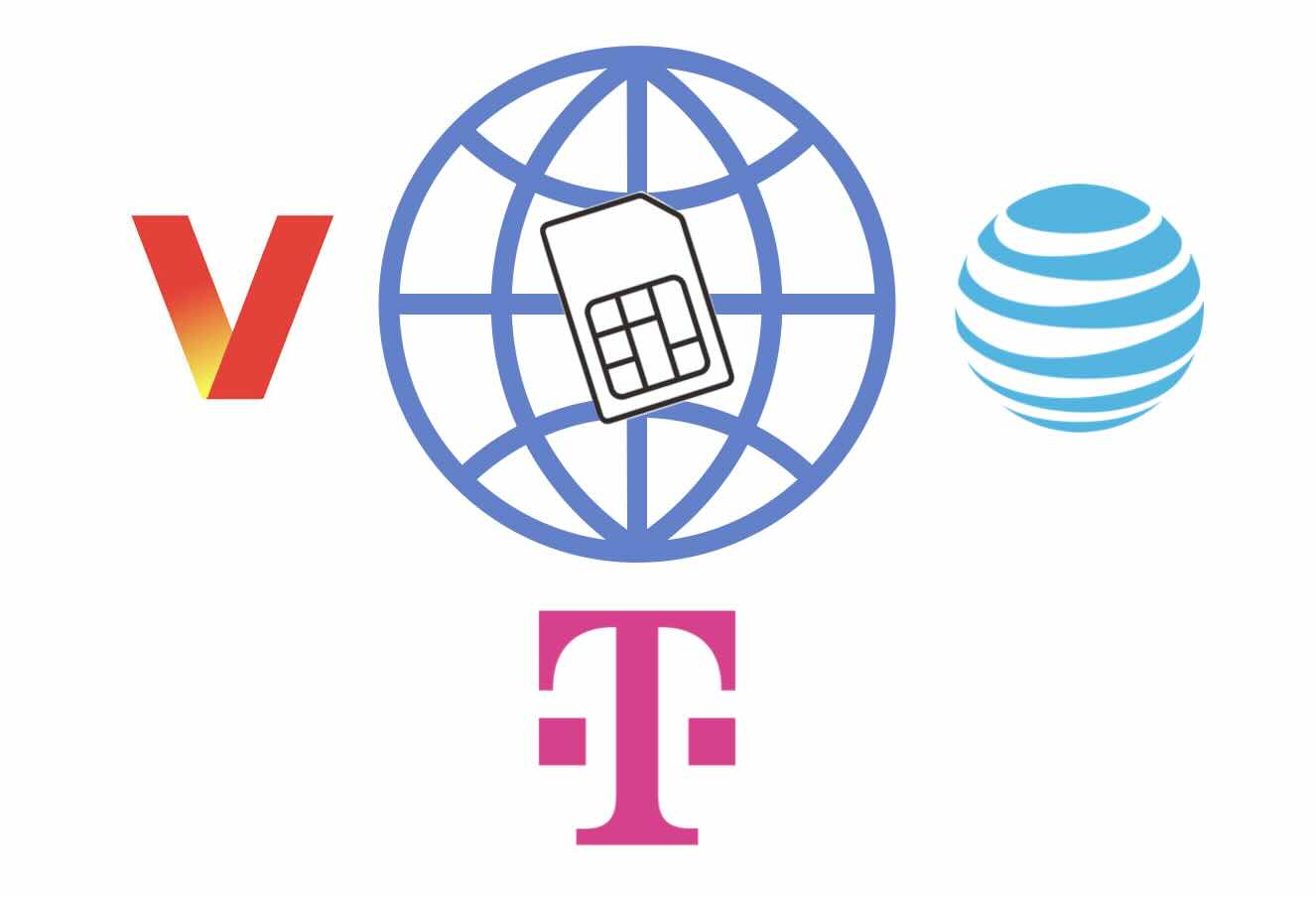
The rise of eSIM technology is transforming industries and reshaping how we think about connectivity. When combined with Fixed Wireless Access (FWA), eSIM offers significant opportunities for both businesses and consumers to enjoy high-speed internet without the need for physical SIM cards. The competition between major carriers—Verizon, AT&T, and T-Mobile—is intensifying as they race to integrate FWA with eSIM technology.
In this blog, we’ll explore why the first carrier to roll out FWA on eSIM will have a significant advantage in the B2B business market, and how this innovation could help carriers attract new customers while providing expanded services to their existing base.
Why eSIM + FWA is the Future of Business Connectivity
Fixed Wireless Access (FWA) has already proven to be a game-changer for internet connectivity, offering businesses and consumers high-speed, reliable internet without the need for expensive fiber infrastructure. FWA leverages 4G and 5G cellular networks, allowing for rapid deployment across urban, suburban, and rural areas.
When paired with eSIM, FWA becomes even more powerful. eSIM technology enables businesses to activate and manage their internet connections digitally, without needing to wait for physical SIM cards to be shipped or installed. This streamlined process offers incredible flexibility and convenience, allowing businesses to scale their connectivity needs quickly and efficiently.
The Competitive Landscape: Verizon, AT&T, and T-Mobile
- Verizon: With its strong focus on enterprise solutions, Verizon has been investing heavily in both FWA and eSIM technology. Its vast network coverage and reputation for reliability make it a frontrunner in the race to offer FWA on eSIM. If Verizon can roll out this combination first, it would offer tremendous value to businesses looking for fast, flexible, and scalable connectivity.
- AT&T: AT&T has long been a leader in mobile connectivity and offers a variety of services tailored to businesses. With its focus on IoT and 5G, AT&T could quickly move into the FWA eSIM space. Their deep integration in enterprise solutions makes them another strong contender for capturing the B2B market.
- T-Mobile: Known for its customer-friendly approach and competitive pricing, T-Mobile is often at the forefront of disruptive technologies. T-Mobile’s 5G network is growing rapidly, and its innovative strategies could give it a surprising edge in being the first to offer FWA on eSIM.
The Opportunity for B2B Growth
The first carrier to combine FWA with eSIM technology will open significant doors in the B2B market. Here’s why:
1. Instant Activation and Flexibility: Businesses could easily activate or switch services without waiting for a physical SIM card. This means faster setup times for new locations or teams, which is a huge advantage in today’s fast-paced business environment.
2. Scalability: As businesses grow, so do their connectivity needs. eSIM-enabled FWA allows for seamless scalability, enabling companies to add new locations or increase bandwidth as needed without the usual delays of traditional service models.
3. Simplified Management: With eSIM technology, businesses can manage their entire fleet of FWA-enabled routers from a central platform. This simplifies operations for IT teams and ensures a smoother user experience for employees, driving overall efficiency.
Unlocking Existing Routers and New Markets
Another key benefit of combining FWA and eSIM is that carriers could potentially unlock new markets by offering services to businesses that already have 5G routers in place. This means that companies located within the carrier’s coverage area could switch to their FWA service without purchasing new hardware. For businesses looking to cut costs, this is a compelling value proposition.
Additionally, by offering eSIM-based FWA services, carriers can expand their customer base by reaching businesses that may not have previously considered switching providers. With the ability to deliver instant connectivity through eSIM, the barriers to entry are lowered, making it easier for businesses to trial new services and switch providers.
Capturing New Customers and Retaining Existing Ones
The carrier that launches FWA on eSIM first will have a substantial competitive advantage, not only in the B2B space but also in the consumer market. As businesses and consumers increasingly value fast, reliable, and scalable internet connectivity, the ability to offer FWA with eSIM simplifies the user experience and creates a compelling case for customers to switch providers.
Moreover, existing customers are more likely to remain loyal if they have access to cutting-edge services like FWA on eSIM, especially if they can upgrade their existing routers without needing to purchase new equipment. This seamless, cost-effective upgrade path is highly appealing to businesses that need uninterrupted, reliable internet for their day-to-day operations.
The Race is On
The competition between Verizon, AT&T, and T-Mobile to bring FWA on eSIM to market is heating up. The carrier that successfully combines these technologies first will not only gain a foothold in the rapidly growing B2B market but will also position itself as a leader in 5G innovation.
As businesses increasingly rely on high-speed, flexible internet connectivity, FWA on eSIM offers a pathway to faster, more reliable service without the complications of traditional wired infrastructure or physical SIM cards. With the potential to attract new customers and provide valuable upgrades to existing ones, this is one race that could reshape the future of wireless internet.
Stay tuned to see which carrier emerges as the leader and how they will transform the business connectivity landscape for years to come.
The next few years are set to bring a revolution in connectivity, and businesses should be prepared to leverage the benefits.

